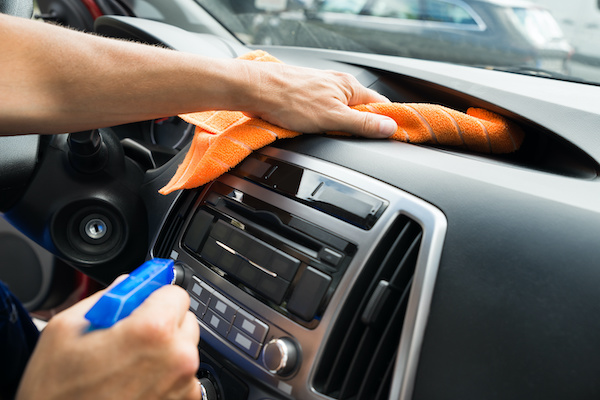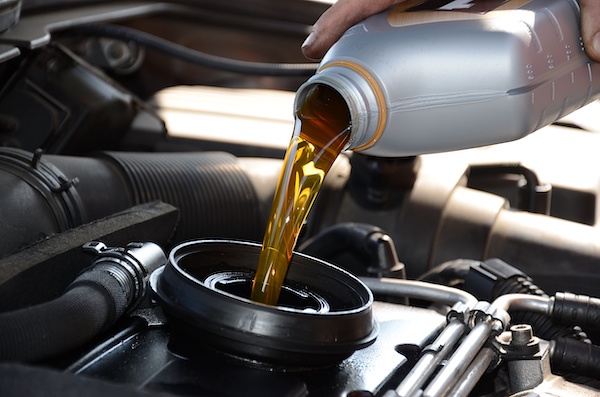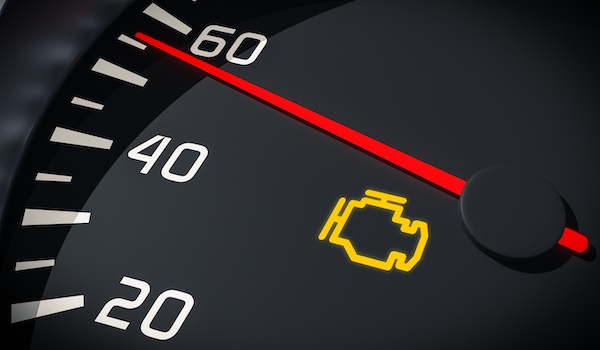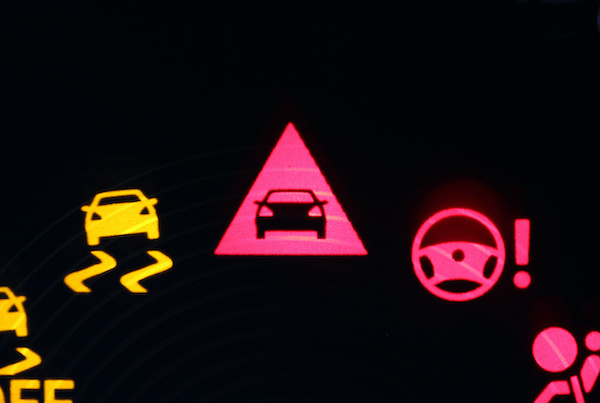Posted on 6/24/2021

Your car is one of your most valuable assets and one of the most convenient means to travel. While paying attention to its service and repair needs are essential, keeping your car spotlessly clean is equally important. This is why: A Clean Car is Healthy and Comfortable to Ride You spend a lot of time in your cars, and as such, its interior is bound to get dirty. Sometimes, you will drop food particles or spill a few drops of coffee, especially when driving in a rush. Besides, dust, road salt, and dirt are constantly tracked each time we get into the vehicle. It can even get worse when you have a family. Like rooms, dirty cars can become a viable breeding site for bacteria that can harm your health and that of your passengers. Always be sure to wipe down and regularly vacuum your car to maintain a clean, safe space for you and your loved ones. To Protect Your Paint Your vehicle is exposed to a wide range of weather conditions, some of which can be pretty harsh. Sometimes, road deb ... read more
Posted on 5/26/2021

There are many things we can do to keep our vehicles on the road. One of the most essential steps is to keep it well maintained. What are some of the things we can do to keep it properly functioning? Why would we want to continuously do routine maintenance on the car? Finally, when should these jobs be done on your automobile? Here is a list of some of the most important maintenance jobs to keep up with on your car and how often you want to perform it. Short-Term Checkups The following is a list of the many checkups we must perform on our cars regularly: Oil and Coolant Levels Air Filter Tire Pressure and Tread Depth The Headlights, Brake Lights, Turn Signals, and Parking Lights Oil and Filter Rotating the Tires Waxing the Car Long-Term Checkups Much like your short-term checkups, long-term checkups are an essential part of the maintenance of the car. Here are some of the checkups you should perform periodically: Check the Transmission Fluid Transfer Case Fluid Make Certai ... read more
Posted on 4/26/2021
.jpeg)
Summers can get really hot and make your car's engine overheat faster if not cooled properly. Your car's engine must have coolant supplied consistently throughout your engine. That's the duty of the water pump - it is the engine component that maintains a consistent flow of coolant. When it's not working correctly, your engine will overheat, and it won't run smoothly. This can also damage other components of your engine. Here are some symptoms of a failing water pump in your car. Coolant Leaks When you notice some coolant leaking from the front of the car at the center, it may indicate that your water pump is compromised. When the seal and gaskets that prevent the coolant from leaking come off, the flow of the coolant to your engine will be disrupted, and the coolant will leak. The Water Pump Makes Whining Sounds A loose water pump belt (pulley) makes whining sounds. A whining noise coming from the motor area is an indication that the water pump has developed s ... read more
Posted on 3/17/2021

Vehicles have an onboard diagnostic system (OBD). The system involves a computer connected to sensors that monitor and control vehicle performance. Whenever the system detects trouble with your vehicle, it alerts the driver through different signals. The check engine light constitutes the OBD system. Most people get a sinking feeling in their stomachs when the check engine lights up. This is because it could be alerting you about a minor issue with the vehicle or a major issue that requires immediate diagnosis and repair. The check engine light illuminates in two different ways. There are moments it comes on and stays solid, and there are moments in keeps flashing on the dashboard. A Flashing Check Engine Light A flashing check engine light is alarming, and there is a need to check the cause with immediacy. When this happens, you need to stop the vehicle immediately and drive it to the nearest auto repair shop for a diagnostic test. It is a sign that warns you before an emergency an ... read more
Posted on 2/19/2021

The Electronic Stability Control (ESC) monitors the speed at which the wheels are rotating as well as other parameters such as the steering angle. When you lose the steering control or traction, the ESC tries to reduce the engine power or engage the brakes to help you regain control of the vehicle. The ESC system does not work the same way on all vehicles. As such, it is always important that you refer to your manufacturer's manual to understand how yours works. Generally, the ESC light illuminates when the car is losing control and stays illuminated when a malfunction has been detected or the system has manually shut off. What Does The ESC Light Warning Indicate? The simplest way to know why your ESC light is on is to take it to a certified technician for diagnosis. The technician uses a scanner to decode trouble codes from the brake control module, and within no time, you get to know what is ailing your car. However, before you get there, below are a few hints on what might be ... read more